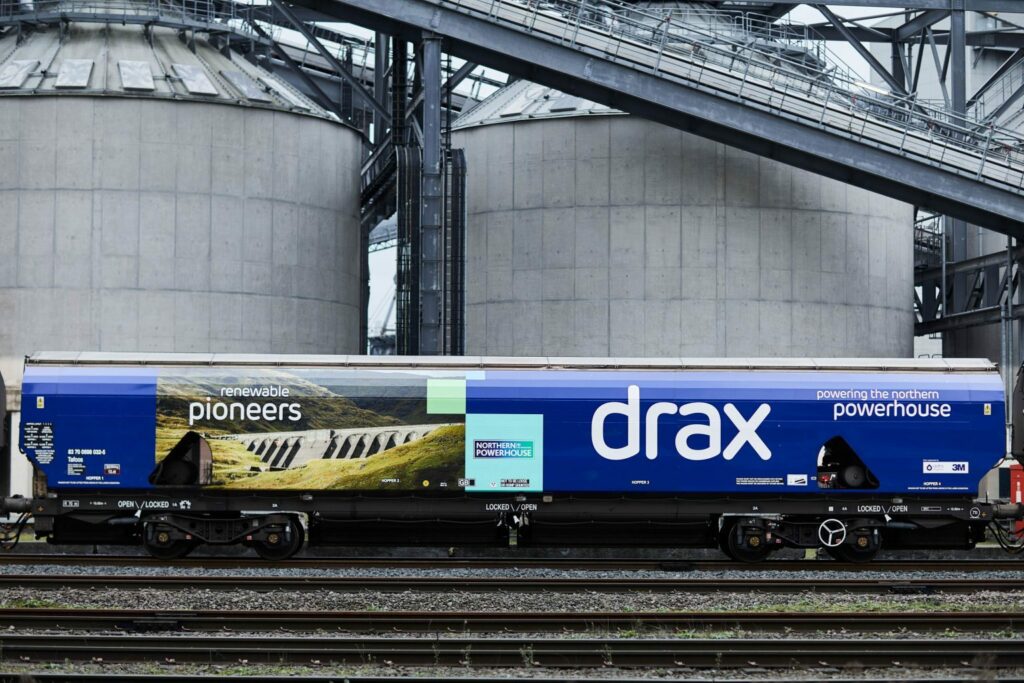A new report produced by Baringa and commissioned by Drax has found bioenergy with carbon capture and storage (BECCS) could save the UK over £4.5 billion.
With Drax looking to retrofit two of its existing 630MW biomass units with CCS – the first of which should come online in 2027 – Baringa looked specifically at the role BECCS could have in driving cost-optimal energy system outcomes for the UK’s net zero targets, focusing on BECCS-Power over other options such as BECCS-hydrogen.
The report outlined how without BECCS at Drax Power Station, the energy system could incur this additional cost of £4.5 billion to achieve the UK government’s fifth carbon budget in 2028-2032.
More widely, the report found that not developing BECCS at Drax or more widely across the country will mean that reaching net zero by 2050 will cost £15 billion more to achieve.
It said that negative emissions are “critical” to achieving net zero, helping to offset residual emissions across the economy, with BECCS providing a large portion of negative emissions across all the cases – central, downside and upside – modelled by Baringa.
BECCS is deployed in all scenarios, with this varying between 2GW and 10GW of capacity in 2050, with the emissions reductions achieved in the downside and central scenarios falling broadly in line with previous suggested made by the Climate Change Committee. Meanwhile, the upside case shows an outcome where the economics “strongly-favour” BECCS-Power over other forms of BECCS.
It also found that deployment of BECCS-Power before 2030 is cost-optimal in all scenarios and early deployment will enable BECCS-Power to scale up ahead of 2050.
Drax kickstarted the planning process to deploy BECCS at Drax Power Station last month, with the energy firm having to secure a Development Consent Order (DCO) from the government in a process that typically lasts around two years.
Drax Group CEO, Will Gardiner, said the company is “ready to invest” in BECCS, adding that by delivering the technology “the UK can show the world what can be achieved for the environment and the economy when governments, businesses and communities work together”.





